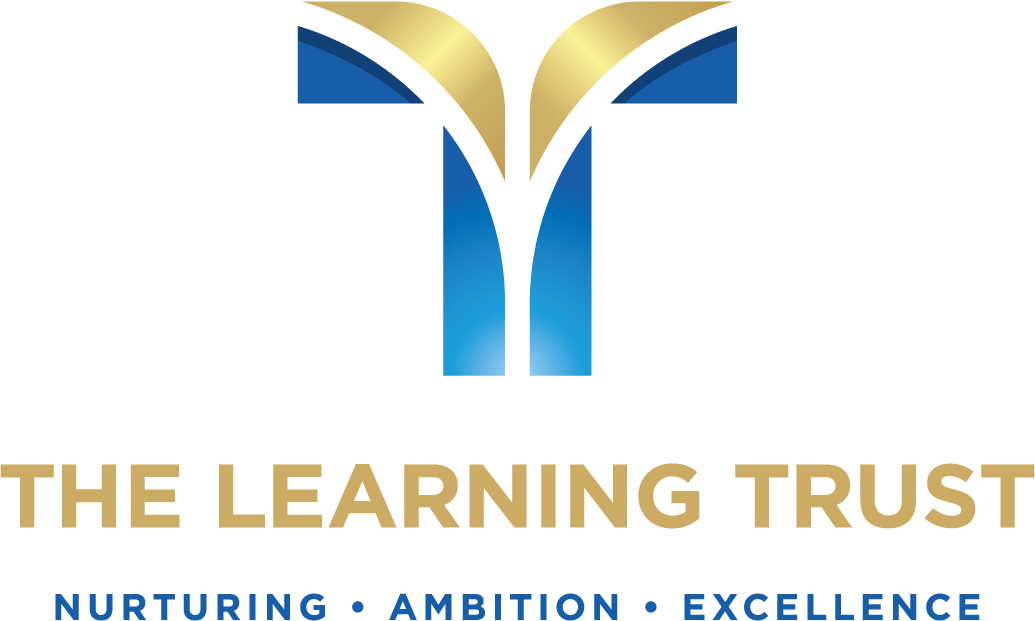RE/Religious Studies
| Subject: | Religious Education / Religious Studies |
| Contact: | Mrs E Merryweather |
Overview
All students study Religious Education at Key Stage 3 and 4. It is offered as an option at Key Stage 5 where we offer an A Level in Religious Studies. Throughout each Key Stage students study a wide variety of world religions and ethical and philosophical themes. The aim of RE as a subject is to make a distinctive contribution to the school curriculum by developing students' knowledge and understanding of religion, religious beliefs, practices, language and traditions and their influence on individuals, communities, societies and cultures. It enables students to consider and respond to a range of important questions related to their own spiritual development, the development of values and attitudes and fundamental questions concerning the meaning and purpose of life.
Parents and carers can withdraw their children from any/all RE lessons – please contact Mrs Merryweather to discuss.
KEy staGe 3
Overview
Students are taught in mixed ability classes in Years 7, 8 & 9. We start in Year 7 with an introductory course “Philosophy for Kids”, which introduces students to the beginnings of religious belief and philosophical concepts. They study the six main world religions of Judaism, Christianity, Hinduism, Buddhism, Sikhism and Islam over the 3 years. RE is taught as an academic subject as we are a non-denominational school. Students complete two key assessments per term and their levels of achievement help inform their teacher-assessed levels on their reports. Throughout Key Stage 3 students are given opportunities to improve their skills in writing and exam specific skills in preparation for GCSE.
Curriculum Content
| QPHS Year 7 WPD RE Curriculum Map | download |
| QPHS Year 8 WPD RE Curriculum Map | download |
| QPHS Year 9 WPD RE Curriculum Map | download |
Assessment Criteria
Please find below the assessment benchmarks for Religious Studies. A child progresses across the grid (from A-I) when they demonstrate a deeper knowledge and wider range of skills in each assessment carried out.
Key staGe 4 CORE RE
Overview
Students are taught in ability groups at Key Stage 4 based on their prior attainment and targets in English. Our core RE course is non-examined and students have one lesson per two week cycle. It aims to cover ethical and philosophical concepts from both religious and secular perspectives. The topic content compliments but does not overlap with our RE GCSE full course.
Curriculum Content
Key stage 4 GCSE Religious Studies
Overview
We follow the AQA GCSE syllabus for Religious Studies A 8062. It is a linear course, examined at the end of Year 11. The department prepares students for these final exams with regular exam practice and opportunities to develop evaluative writing skills. The RE specification offers a variety of relevant and contemporary themes, ensuring that students have a diverse choice of intriguing subjects to explore and discuss. Students will learn how religion, philosophy and ethics form the basis of our culture, and develop valuable skills that will help prepare them for further study.
Students are taught in 5 hours a fortnight.
Exam board and course
AQA Religious Studies A (8062)
Curriculum Content
Enrichment opportunities
- Visits to various places of worship throughout the key stages and a range of guest speakers from religious and academic backgrounds.
- Vardy Religious Studies conference for GCSE students
- Religious studies revision workshops Chester University Theology and Religious studies dept.
- GCSE Religious Studies Enrichment Club - Thursday's 12.25 - 1.5 in SP3 with Mrs Merryweather - films, documentaries and discussions linked to the GCSE RS programme of Study.
Useful websites to support learning
| AQA GCSE specification | website |
| BBC Bitesize | website |
| Society of Biblical Literature | website |
| hwb wales | website |
| Dialogue: a journal of religion and philosophy. | website |
| The Philosophers' Magazine. | website |
| Provides basic philosophical information. | website |
| A link to the news stories in the Guardian that have an ethical theme. | website |
| ETHICAL THEORY | website |
| Good overview of ethics – in charts. | website |
| Romp-through-ethics-complete-beginners | website |









